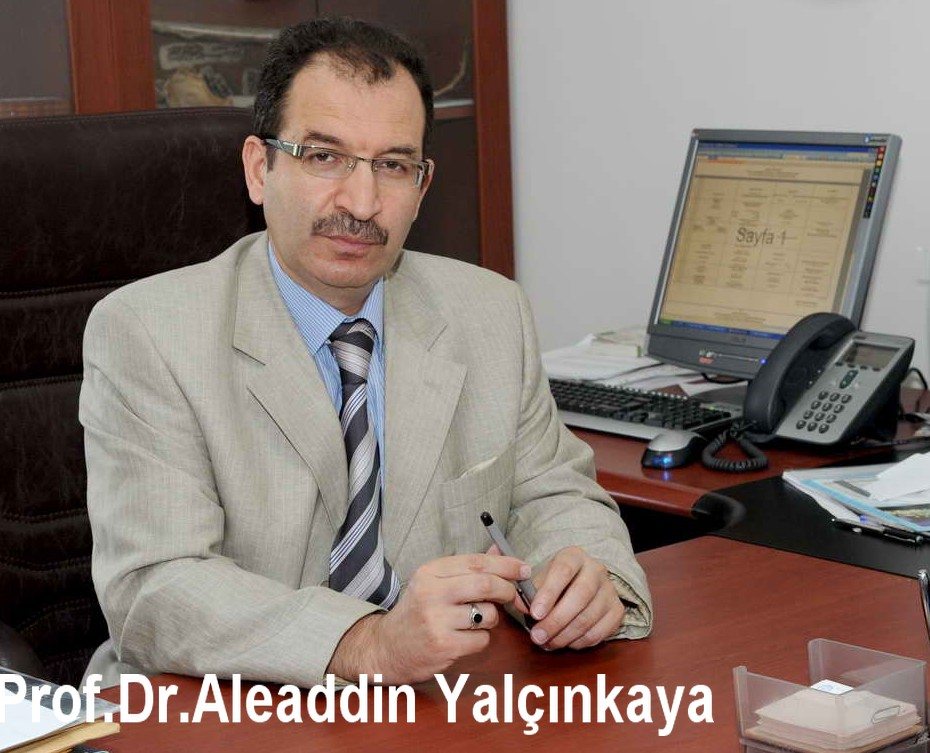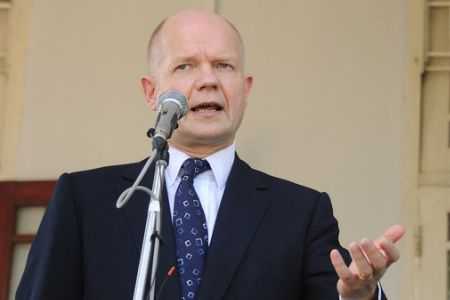Political Christianity and Political Judaism
Prof.Dr. Alaeddin Yalcinkaya
Attaching the word “Islamic” as a prefix to the negative connotations such as terrorism, extremism, radicalism that are targeting humanity, culture, peace and prosperity causes reaction and disquiets. The presentations that started with such titles at domestic and international scientific meetings becomes contentious, and those who use these negative connotations, usually starting with “Islam”, say they do not mean the religion of Islam, but they use it simply because terrorist characterize themselves so.
A similar phrase that many of us have not yet paid enough attention is “Political Islam”. In a similar sense, the use of “jihad” or “jihadist” at every opportunity is also part of a program that wittingly tries to connect Islam, the religion of peace, with terror. The fact that a terrorist introduces himself with the religion of hundreds of millions of people and says that he acts according to his/her faith is directly related to the aim of the intelligence agency that establish and support that particular terrorist network. The first question to be asked after any terrorist attack is, “What is the aim?” If the EU does not want new refugees, the shortest way is a terrorist attack where civilian people are targeted. At the beginning of the incident, breaking it down on the people connected with the refugees actually reveals the true owners of the attack. As a matter of fact, in recent years it has been seen that the ways of planners of most social terror victims have somehow converged with leading intelligence agencies. In this context, it is necessary to scrutinize the concept of “Political Islam” concept.
In Turgut Özal International Economy and Politics Congress held in Malatya, local and foreign participants made important presentations. Indeed, the program, headed by the Dean of the Faculty of Economics and Administrative Sciences, Prof. Dr. Ahmet Karadağ, was more successful than other in many respects. Turgut Ozal’s stastesmanship in staying neutral in the Iran-Iraq War, not falling into the trap of the West during 1980s, was recalled in terms of faulty policies in the Syrian civil war. In 1980, it was important that even the administration that came into force by a coup under the pretext of protecting secularism could have acted prudently without coming to the game. An important part of the presentations were about Syrian refugees. The problem will be one of the hottest topic for social sciences in the next decades.
During the event, I asked a professor from Yarmouk University, Jordan on his study area. The answer was “political Islam.” I pushed him further to know what it means as if I didn’t know anything about. He explained that, especially since the 1960s, Muslim countries are increasingly becoming more conservative and more interested in religious issues, which have gained more importance in politics, and as a result of this, such a concept has become a subject of academic research.
I said that through the examples or actions that they gave me, they are much more practiced by Christians and Jews, and that in this case there should be studies of “political Judaism” or “political Christianity”. He admits that he never thinks about this way.
Many countries in the world, especially Asian and African countries, were the colonies of the western countries for few centuries. Since the World War II, these countries won their independence gradually. Political, economic and social structures in these countries were formed by taking the western-examples. Furthermore, Western countries, former colonialists were generally active in the processes of building these structures. Along with the developments in the field of education in particular, the new generation has fallen into identity crisis. The colonial era of assimilation, denial, de-identity, self-cultivation, and the raising of a generations that bears enmity to its own society and culture was successful to some extent, but it was also the main source of post-independence reactions.
The Islamic world, which has been destroyed by terrorist attacks organized by the weapons of the former colonialists and plots of their intelligence organizations, is looking for way outs from the current hysteria in the international politics, the economic and social and cultural spaces. Unity, solidarity, brotherhood, support oriented rhetoric and politics among Muslim countries are generally voiced loudly but practiced loosely, if ever they are practiced.
The European Union, for example, is a constitutional claim that advocates law, especially human rights, advocates freedom of belief and opinion. However, the organization that started with six countries in its establishment, yet has reached 28 nations, has 12 stars in its emblem representing the twelve apostles. The same emblem is also used for the Organization of South American States, which are Christian countries. Is not enough to enough to take the concept of “political Christianity” into consideration after the recent summit of the European Union under the presidency of the Pope? In a similar sense, even though a substantial part of the population of these countries is non-Christian, in the majority of these countries primary school students do their lessons in the church on certain days of the week. Yet, they never regarded as a Political Christianity or as such. However, when Muslim countries add religious subjects into curricular, they become a matters of “political Islam”.
Religious principles, symbols, practices come to our attention at every opportunity in important institutions that lead the world economy. The State of Israel and its actions are another example. Since the establishment of a Jewish state in Palestine, all the domestic and foreign policies of this country have included Zionism rules, Chief Rabbinate of Israel’s instructions, yet, the very concept of “Political Judaism” is hardly ever come to discussion. To me, one of the reasons why Trump is condemned is that he somehow reveals that the founders of ISIL were the US administration! He also said that his country’s intelligence was responsible for the coup attempt of July 15th. However, against such facts, some academicians prefer to be blind, deaf, and dumb.
In this process of the scientific imperialism, “political Islam”, which westerners fabricate with medieval fanaticism and crusader spirit, must be questioned again and again. Those academics, who want to find a place for themselves by wandering it around their mouth like a stinking rotten chewing gum, need to wake up as soon as possible. Those researchers who cannot evaluate the interests of the intelligence organizations with the ones who want to use Islam as their political target, or apply terrorism through the order of conscience and contemplation, are either very unfamiliar with the issues or incapable of making prudent judgement. Of course, there is nothing to say for non-Muslims who do not make their faith a means of hatred and hostility. However, the religion that must be included in the “Political” as a title at the beginning is definitely not Muslim.


